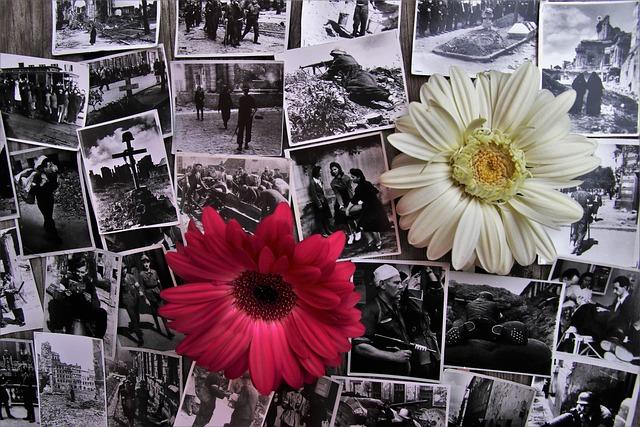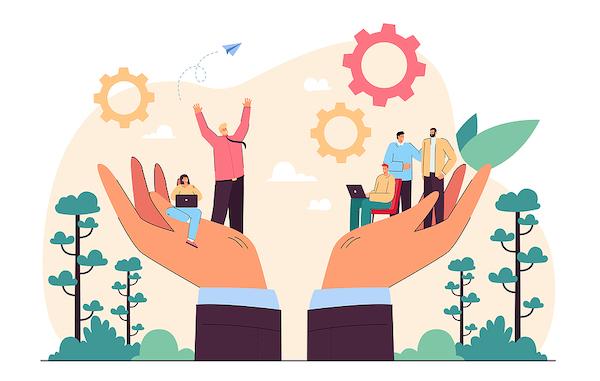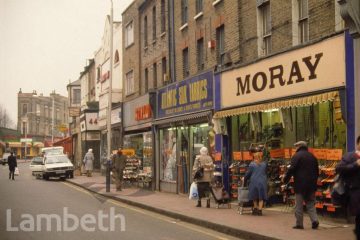In the heart of London, a neighborhood with a rich history and vibrant culture stands out – Brixton. Beyond its colorful markets and lively streets lies a story of resilience and rebellion dating back to the Brixton Uprising. This pivotal moment in history continues to echo through the community, shaping its identity and inspiring generations. Join us on a journey to explore the roots and impact of the Brixton Uprising, delving into the complexities of social change and the power of unity in the face of adversity.
Table of Contents
- Exploring the History and Impact of the Brixton Uprising
- Unveiling the Root Causes of the Brixton Uprising
- Analyzing the Social and Political Context of the Brixton Uprising
- Learning from the Legacy of the Brixton Uprising for Social Change and Equality
- Q&A
- Final Thoughts


Exploring the History and Impact of the Brixton Uprising
The Brixton Uprising marks a pivotal moment in history, a powerful movement that reverberates through time. Rooted in deep-seated issues of racial inequality and social injustice, this event catalyzed change and sparked conversations that continue to shape society today. From the smoldering embers of unrest to the crescendo of voices demanding equality, the echoes of the Brixton Uprising resonate as a testament to the power of community resilience and the fight for justice.Impactful Takeaways from the Brixton Uprising:
- Community Solidarity: Witness the strength of unity as diverse voices unite in a common cause.
- Social Awakening: Explore the awakening of social consciousness and the push for systemic change.
- Resilience in Adversity: Discover how communities rise above adversity, forging a path towards a brighter future.
| Key Figures | Role | Impact |
|---|---|---|
| Local Activists | Community Leaders | Mobilized support and amplified voices. |
| Residents | Grassroots Advocates | Fought for justice and systemic reforms. |
| Authorities | Response to Uprising | Sparked dialogues on policy changes and social reform. |
At the core of the Brixton Uprising lies a potent blend of systemic inequality, economic disparity, and simmering racial tensions. Decades of neglect and marginalization have fueled a sense of alienation and disillusionment among the community, igniting a spark that would set the streets ablaze with both defiance and desperation. As the flames of discontent spread, they illuminated the stark realities faced by many residents, shedding light on the urgent need for meaningful change and genuine solidarity within the community.

Analyzing the Social and Political Context of the Brixton Uprising
The Brixton Uprising stands as a poignant reminder of the intersections between social unrest and political dynamics. Rooted in a complex tapestry of historical injustices and systemic inequalities, this event reverberates through time, sparking discussions on power structures, representation, and the resilience of marginalized communities.In the vibrant streets of Brixton, a potent mix of frustration and solidarity fueled the uprising, giving voice to long-held grievances and demanding change. As the echoes of dissent rang loud, the uprising became a symbol of resistance against oppressive norms and a rallying cry for justice and equality. The Brixton Uprising serves as a stark testament to the power of collective action and the enduring legacy of grassroots movements in reshaping societal narratives.

Learning from the Legacy of the Brixton Uprising for Social Change and Equality
Reflecting on the events of the Brixton Uprising unveils a tapestry of resilience, solidarity, and the unyielding quest for justice. The legacy left behind serves as a potent reminder of the power inherent in community-driven movements. Through unity and determination, voices once silenced echoed through the streets, demanding recognition and reform.
In examining the impact of the uprising, we unearth valuable lessons integral to fostering social change and equality:
- Community Empowerment: The uprising illuminates the strength found in community bonds and collective action, emphasizing the transformative potential of unified voices.
- Intersectional Advocacy: The events underscore the importance of addressing issues through an intersectional lens, acknowledging and amplifying the diverse experiences within marginalized communities.
| Unity | Solidarity |
| Resilience | Justice |
Q&A
—Q: What was the Brixton Uprising?
A: The Brixton Uprising, also known as the Brixton Riots, was a series of protests and civil disturbances that took place in Brixton, South London, in April 1981.
Q: What were the main causes of the Brixton Uprising?
A: The Brixton Uprising was fueled by decades of systemic racism, police brutality, high unemployment rates, and social deprivation in the Brixton area. The trigger for the uprising was a culmination of simmering tensions between the Black community and the police.
Q: How did the Brixton Uprising impact the local community?
A: The Brixton Uprising had a profound impact on the local community, leading to widespread damage to property, injuries, and a breakdown of trust between residents and law enforcement. It also sparked important conversations about racial inequality and social justice in the UK.
Q: What were the long-term effects of the Brixton Uprising?
A: The Brixton Uprising prompted the government to address issues of systemic racism and inequality, paving the way for policy changes and community initiatives aimed at improving social conditions in Brixton and other marginalized areas.
Q: How is the legacy of the Brixton Uprising remembered today?
A: The Brixton Uprising is remembered as a pivotal moment in British history that highlighted the need for greater understanding, tolerance, and equality within society. It continues to serve as a reminder of the ongoing struggle for racial justice and community empowerment.
—





0 Comments